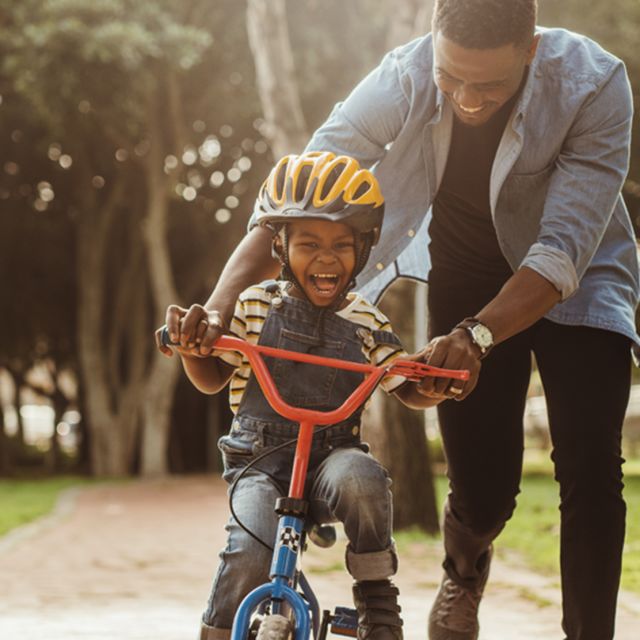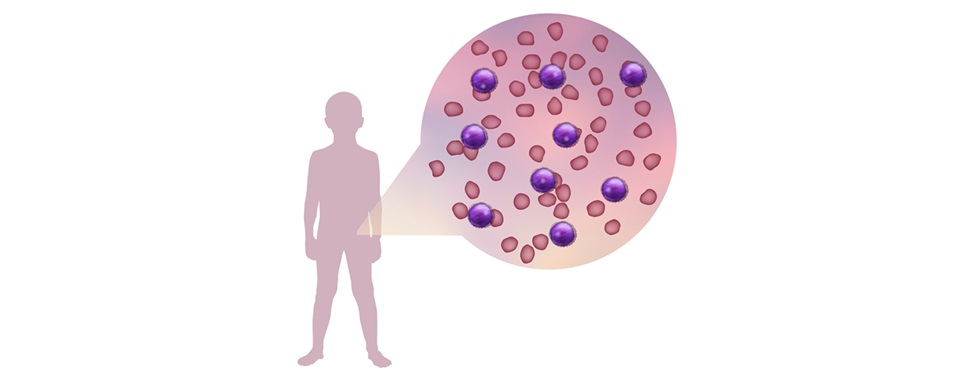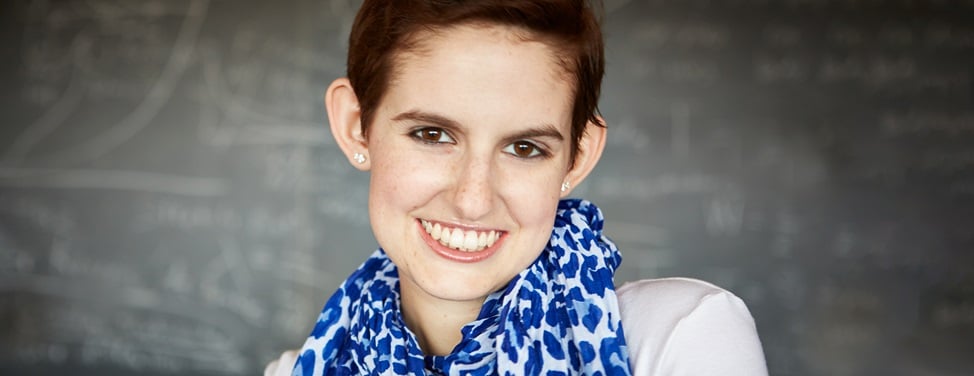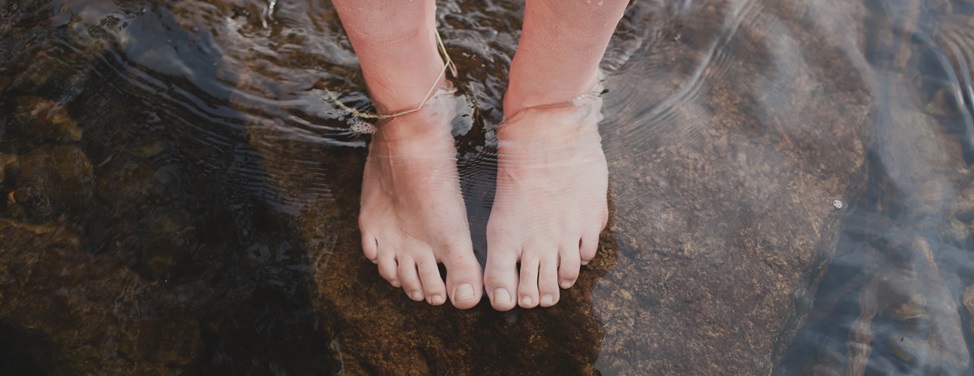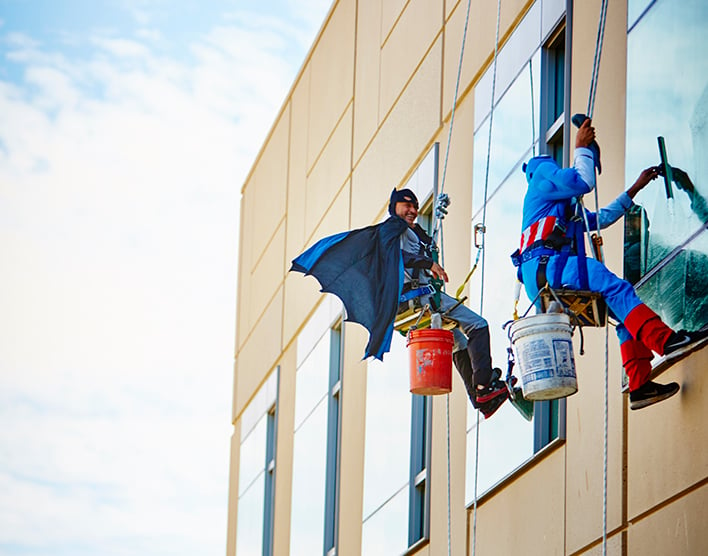Mina Olson was diagnosed with acute myelogenous leukemia at 8 months of age. Mina's father, Arne, answers questions about her diagnosis and treatment at UCSF Benioff Children's Hospital San Francisco.
How did you find out about Mina's leukemia?
When Mina was about 6 months old, she got the first of a series of colds, flus and fevers that she just seemed to have a hard time shaking. She had a cough that she never seemed to be able to get rid of. After two or three months of this, we said, "Look, she's got a fever. It's a really high fever. We'll just take her to the emergency room and see what they can do, see what's going on."
When we got to the emergency room she looked a little pale, so the emergency room doctor ordered some blood work. When the blood work came back a little bit abnormal they said, "Well, we'd like to keep you overnight and call in a hematologist for tomorrow." So the next day we went through that process of having tests done and, at the end of that day, that's when we learned that she had leukemia.
How did you wind up at UCSF Benioff San Francisco?
Her cancer is one of the ones that's more difficult to treat, so we began to look at where we should have her treated, and UCSF Benioff San Francisco was the obvious answer for us. It's right here in the city, so it's like having a facility of experts right in our backyard.
How did you deal with the fear of the unknown?
When you receive a diagnosis like that, it's really devastating. We thought of it as the second-worst news that you can get. You have to kind of process that, and it takes a long time to get used to the idea that the future that you were counting on is no longer necessarily there. Everything's uncertain now. We had all these plans and all these hopes and dreams, and you have to realize that those things have to take a backseat now. The important thing is to focus on saving her life and getting her through the next six months and the next year and the next two years. What happens at 18 is really almost irrelevant at that point.
The people at UCSF were really helpful with that. The staff was very friendly and extremely knowledgeable. We were able to build relationships with the nurses and the physicians there, and they treated us very respectfully. We still have good relationships with a number of her doctors.
What happened after Mina’s first successful treatment?
Mina relapsed at the age of one-and-a-half. She was treated from January through June at UCSF, and then we were home for six months and everything was looking great as far as we could tell. Then we learned that her cancer had returned the next January. We went through another big, long process that culminated in a bone marrow transplant that April.
Tell us what only a parent who's gone through this would know.
When I talk to other parents, what we talk about and share in common is the uncertainty. It's the not knowing. It just eats away at you. You can't make plans. You can't look forward to the second grade and the third grade and the fourth grade because you just don't know — your future is fundamentally uncertain and it's such a hard, hard place to be in. Other parents are the only ones who can really understand that.
It takes a long, long time to let go of that, and in some ways you never can. In some ways you're kind of always waiting for the other shoe to drop. But at some point you learn to cope and you go on with life and things sort of get back to normal. But at some level, that's always there.
It sounds like you're an expert.
I have a lot of very specialized knowledge about how to be the parent of a leukemia patient and how to be a parent of a blood marrow transplant patient. I've spent some time talking to other parents, either by phone, or through the Leukemia and Lymphoma Society-type of programs, or online. It's a way of giving back a little bit and making use of that special knowledge, so someone else can benefit from it.
What's Mina's prognosis?
It's been seven years since her bone marrow transplant. In fact, it is soon to be her seven-year anniversary.
The good news about her kind of leukemia is that it's very aggressive, so if it's there, it's going to show up sooner than this. We think there's almost no chance that her leukemia would come back now.
She does have some follow-up health issues that we're dealing with. All her life she will go to a lot of doctor's appointments. She has lots of doctors and they're always checking up on her. There have been a few minor things that have shown up here and there, but nothing we can't live with.





























